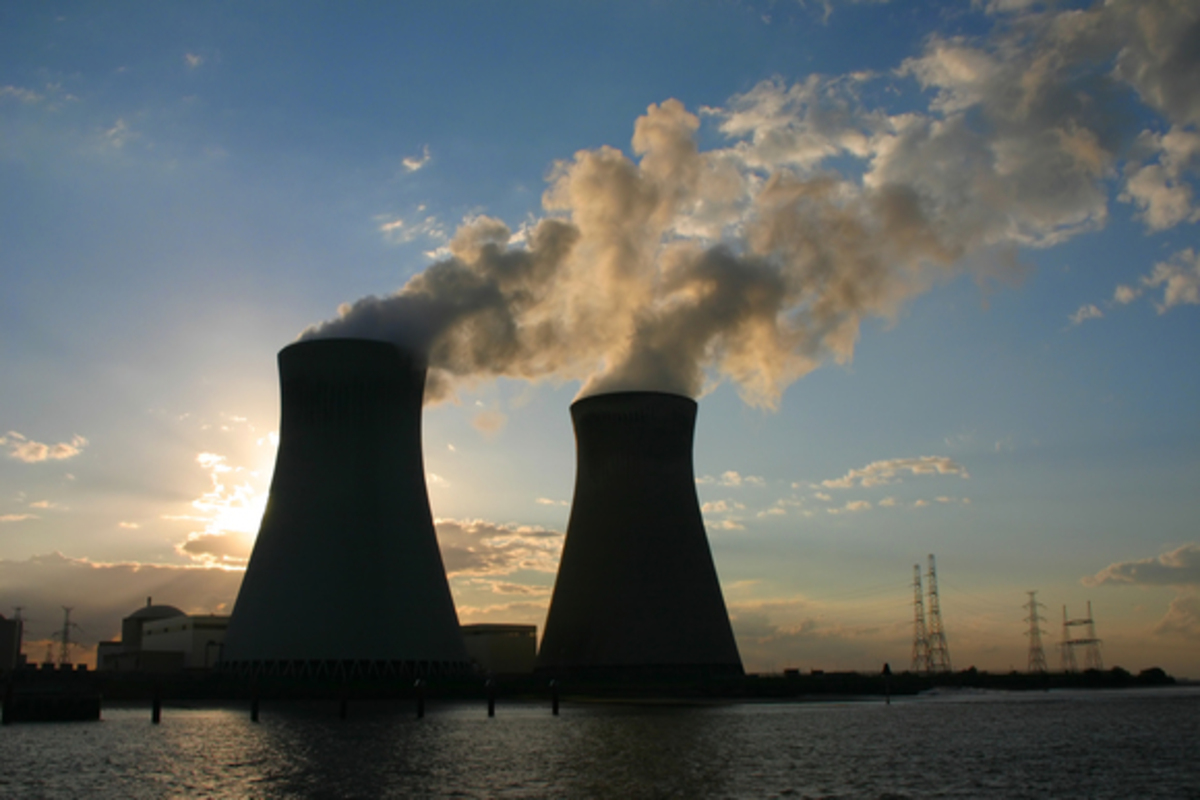The American warning to Iran is remarkably severe. Specifically, Washington has warned that the government in Tehran must stop denying the International Atomic Energy Agency, the world body’s nuclear watchdog, access to a workshop making centrifuge parts, as agreed two weeks ago, or face diplomatic retaliation at the meeting of IAEA’s Governors “within days”. Washington’s promptitude is palpable enough.
The workshop at the TESA Karaj complex makes components for centrifuges, machines that enrich uranium, and was hit by apparent sabotage in June in which one of four IAEA cameras there was destroyed. Iran removed them and the destroyed camera’s footage is missing. Indeed, TESA Karaj was one of several sites to which Iran agreed to grant IAEA inspectors access to service IAEA monitoring equipment and replace memory cards just as they were due to fill up.
Advertisement
The September 12 accord helped avoid a diplomatic escalation in relations between Washington and the regime in Tehran. “We are deeply troubled by Iran’s refusal to provide the IAEA with the needed access to service its monitoring equipment, as was agreed in the September 12 Joint Statement between the IAEA and Iran,” a US statement to the IAEA’s 35-nation Board of Governors stated on Monday. It was responding to an IAEA report to member-states that said Iran had granted access to sites as agreed on September 12, but not to the workshop, where inspectors were denied access on Sunday. They had planned to check if the workshop was ready to operate and re-install cameras if it was. There is dire need to clear the air. Iran’s envoy to the IAEA, Kazem Gharibabadi, said overnight on Twitter that before the deal, Iran had indicated that monitoring equipment at Karaj was “not included for servicing” because of ongoing investigations and Sunday’s report “goes beyond the agreed terms of the joint statement”.
The row over matters nuclear appears to have crossed the Atlantic. Not the least because the European Union has told the IAEA board that Iran’s failure to grant the agency access to the workshop was “a worrying development, contrary to the Joint Statement reached on 12 September 2021.” A resolution criticising Iran at the Board of Governors could kill hopes of resuming indirect talks between Iran and the United States to bring both sides back into compliance with the 2015 Iran nuclear deal, an agreement that Donald Trump had virtually negated. Iran usually bristles at such resolutions and its new hardline President Ebrahim Raisi has said the country is prepared to return to the negotiating table but not under Western “pressure”.
Iranian Foreign Minister Hossein Amirabdollahian said Iran would return to the talks “very soon”. “We call on Iran to provide the IAEA with needed access without further delay,” the American statement said. “If Iran fails to do so, we will be closely consulting with other board members in the coming days on an appropriate response.” The plot thickens with Tehran’s nuclear proliferation programme once again at the core of the kerfuffle.











